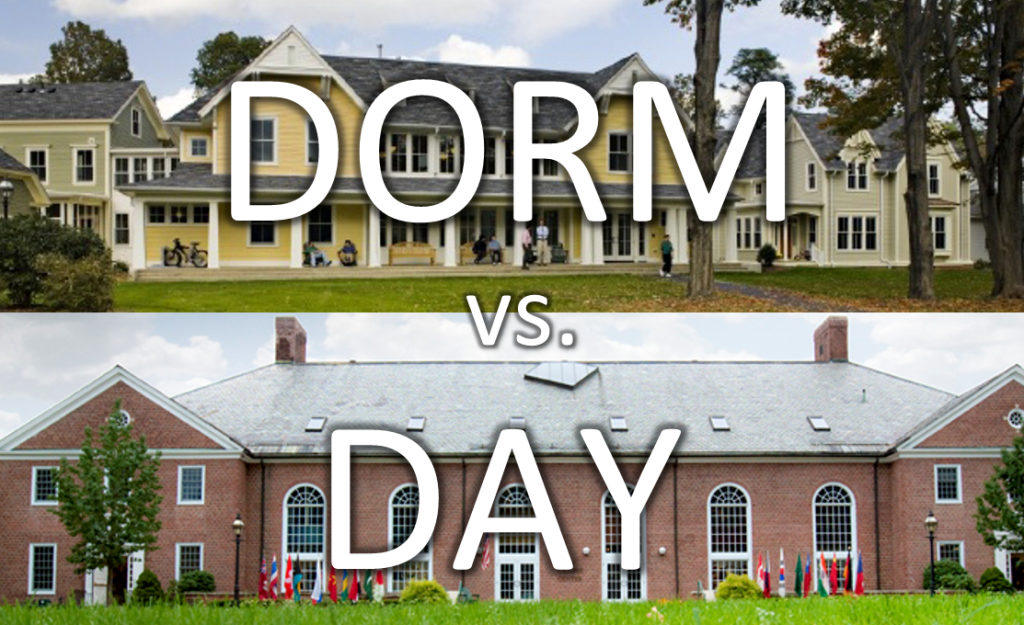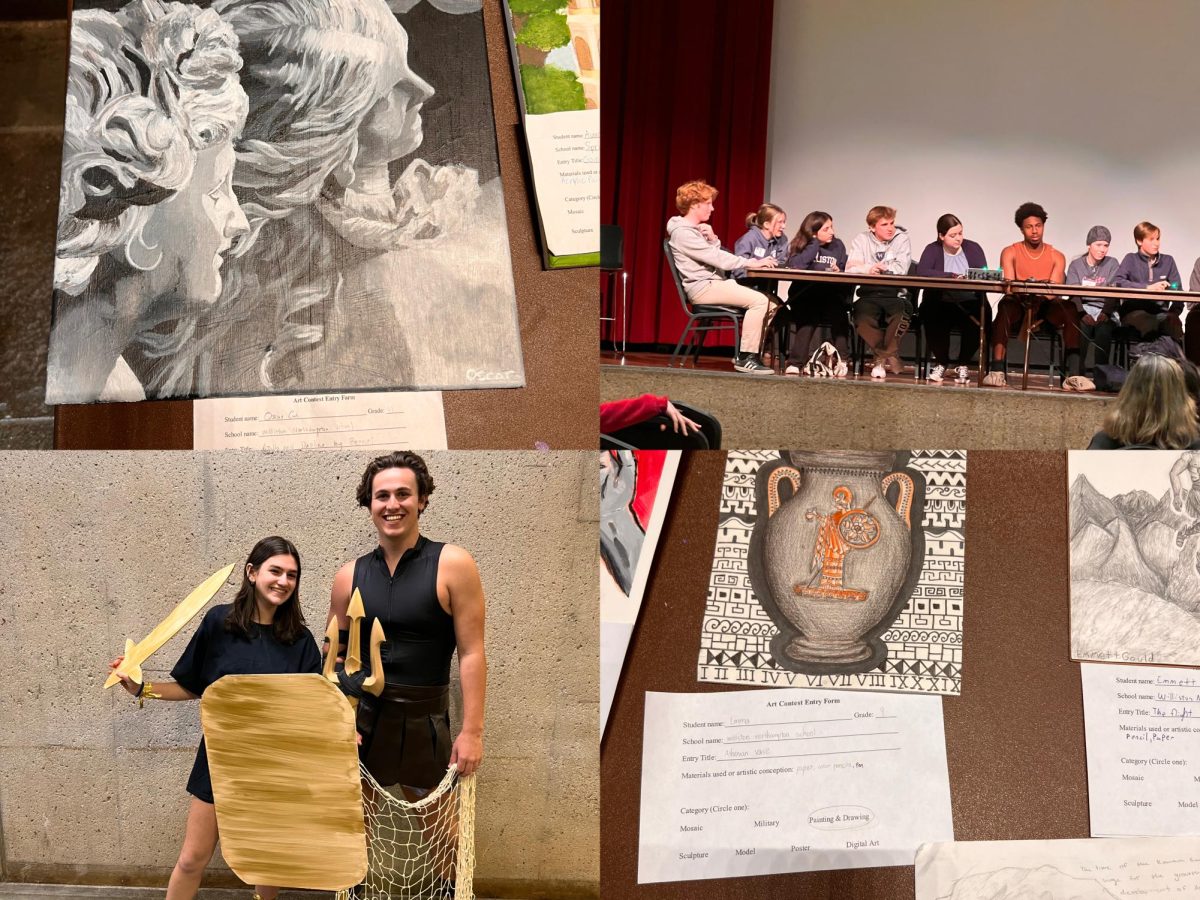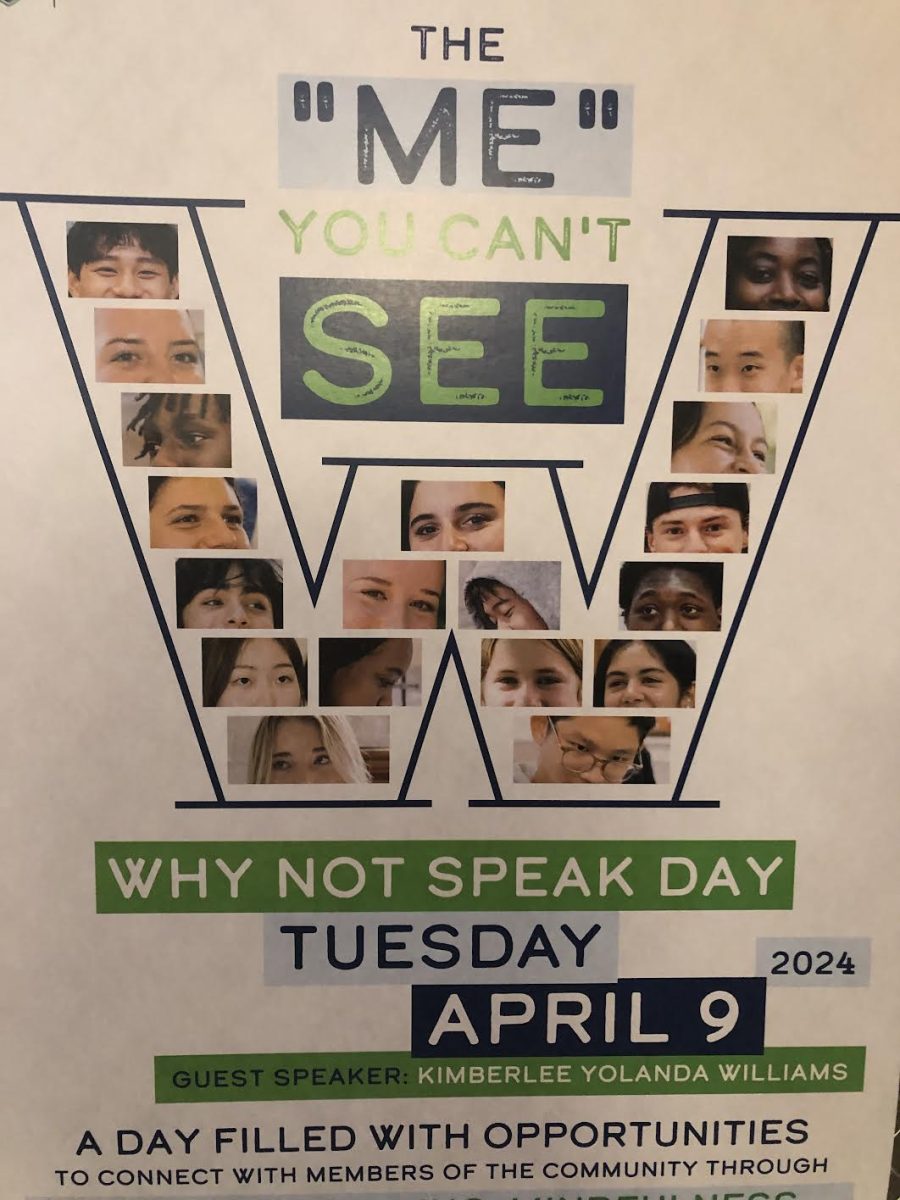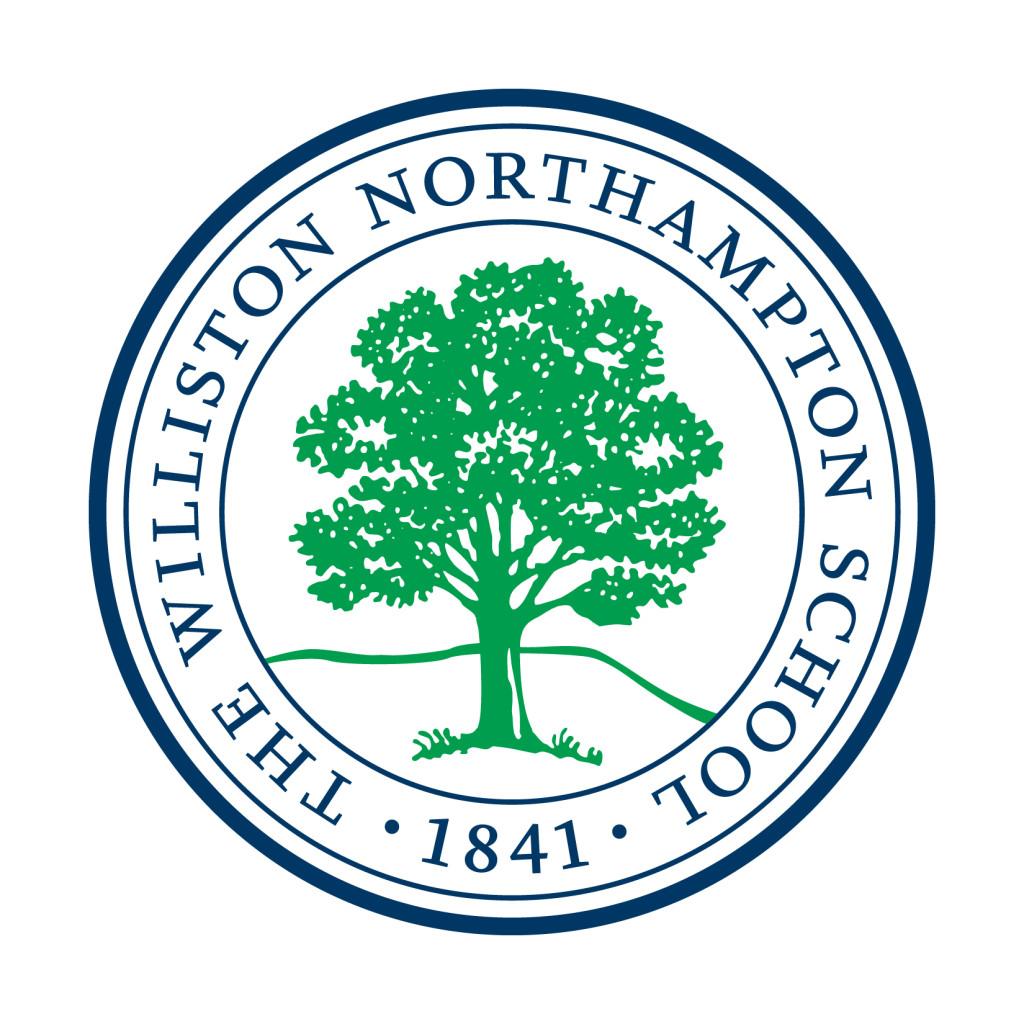For teenagers, social networking has become an integral tool for self-expression and communication. However, when we misuse outlets like text messaging and Facebook, these same outlets can become vehicles for harassment and bullying. Cyberbullying, defined as harassment through electronic media, is estimated to affect over half of U.S. teens. For whatever reason a person is targeted, the emotional and physical tolls suffered can be devastating.
In early April, Williston students and faculty gathered at an assembly to gain a deeper understanding of the motivations, consequences, and solutions behind cyberbullying. Dr. Sameer Hinduja enlightened the audience of middle and upper school students about the issue.
Dr. Hinduja stressed the importance of thinking before acting in all areas of our lives. Especially emphasized was our online presence. He said “We’ve got to be really careful about what’s online about us because your name is your reputation.” His message of how American society has grown into one of “snap judgments”, where people treat others based upon first impressions, provided students and faculty with a greater awareness of the potential dangers of social
networking. Dr. Hinduja included stories of teenagers losing scholarships and families losing their loved ones to suicide due to online revelations of private information. In an attempt to engage the crowd, Dr. Hinduja used a text message polling system that allowed students and faculty to respond anonymously to various questions. One question was “of your hundreds of Facebook friends, would you trust the vast majority of them with your personal information?”
The results showed that a significant percentage of respondents did not trust the vast majority of their Facebook friends with their personal information. Dr. Hinduja then asked students if they themselves had been victimized witnessed acts of cyberbullying. Nearly half of the participants replied “yes.”
At the core of Dr. Hinduja’s message is that with access to technology comes a greater responsibility for our actions. Additionally, Dr. Hinduja said that without face to face interaction, the disconnect we experience online can lead to some bad habits and harmful behavior. We must therefore use technology as a vehicle to express and communicate among ourselves in a non-threatening and non-judgmental way.








